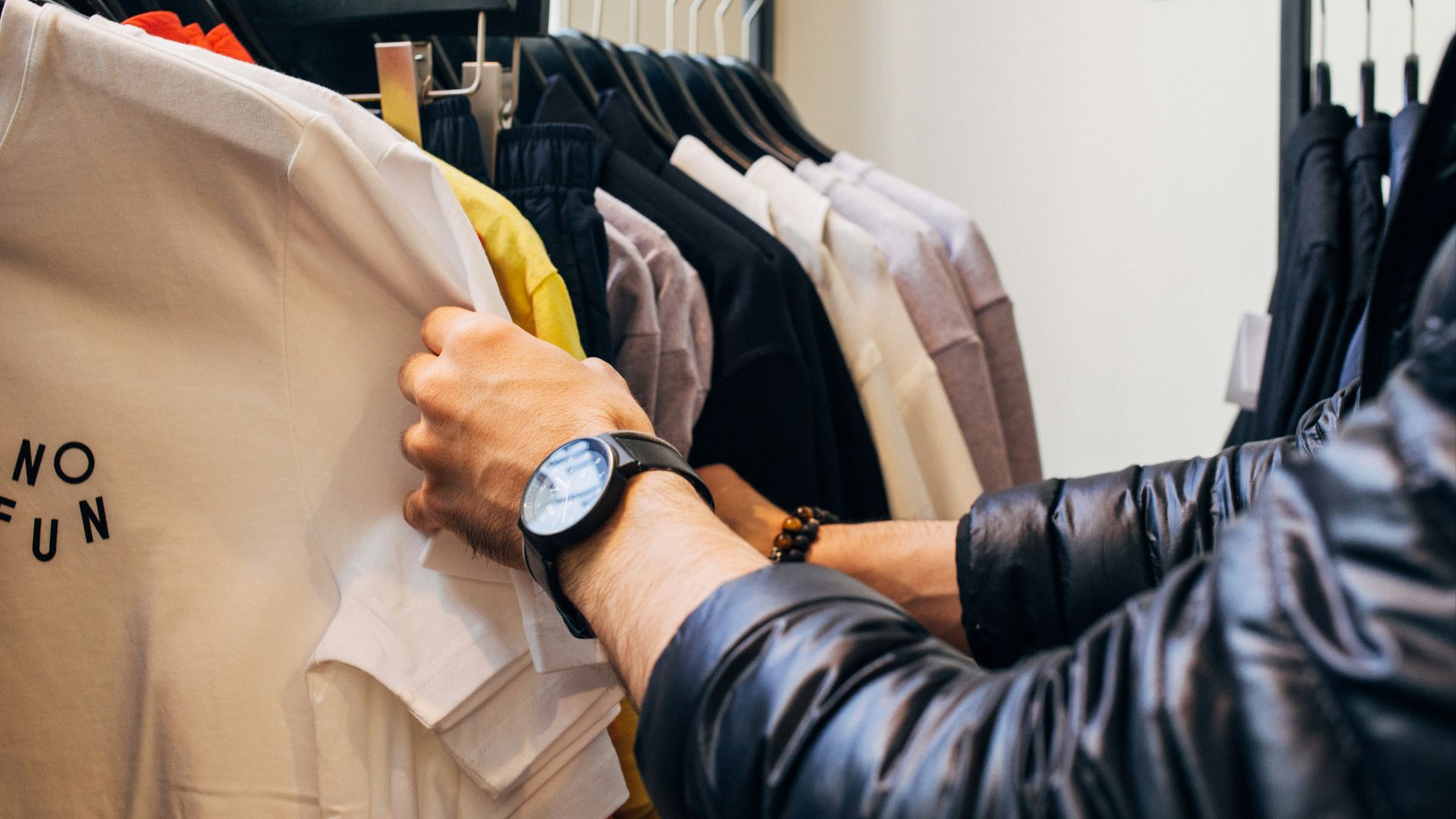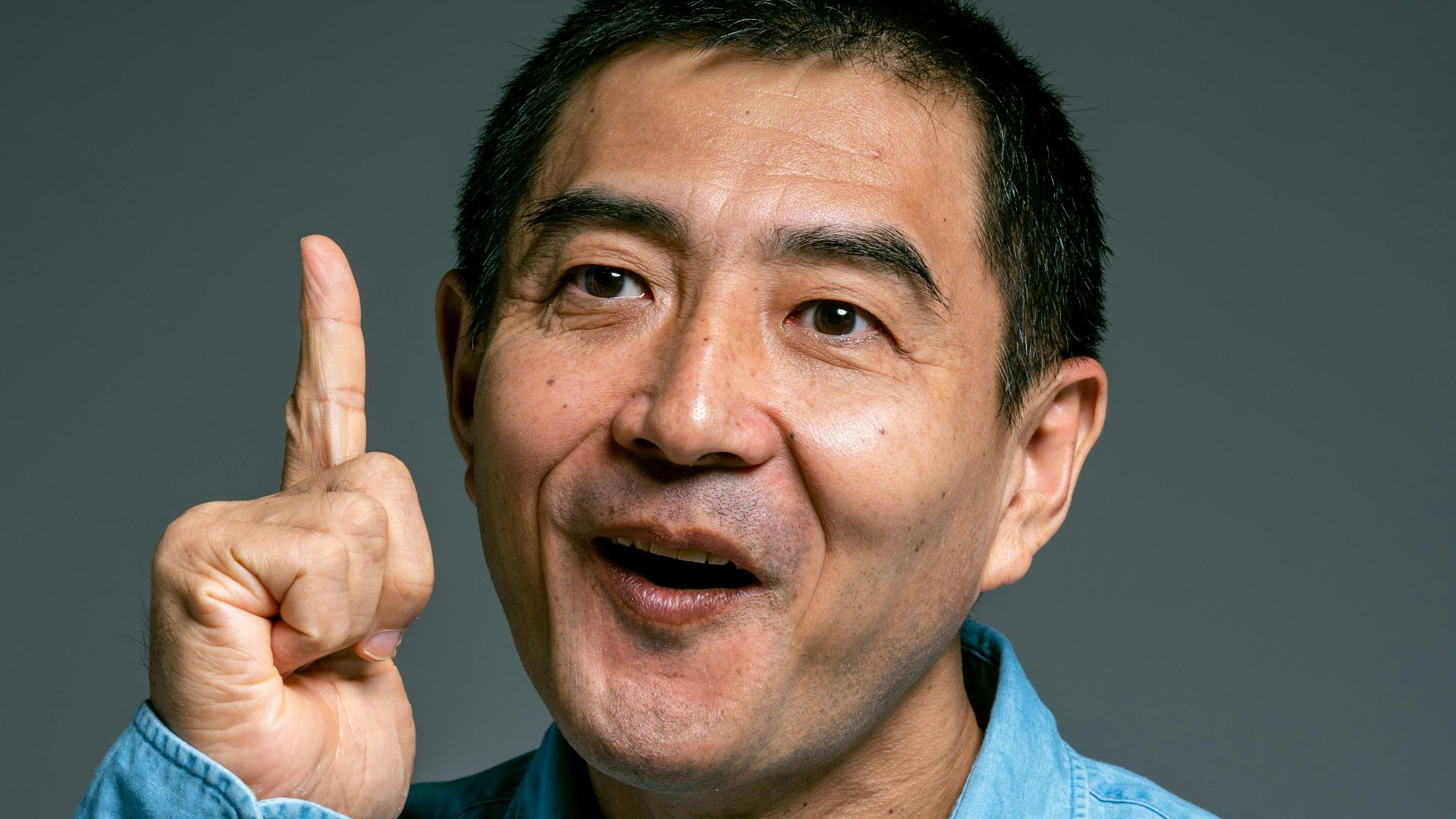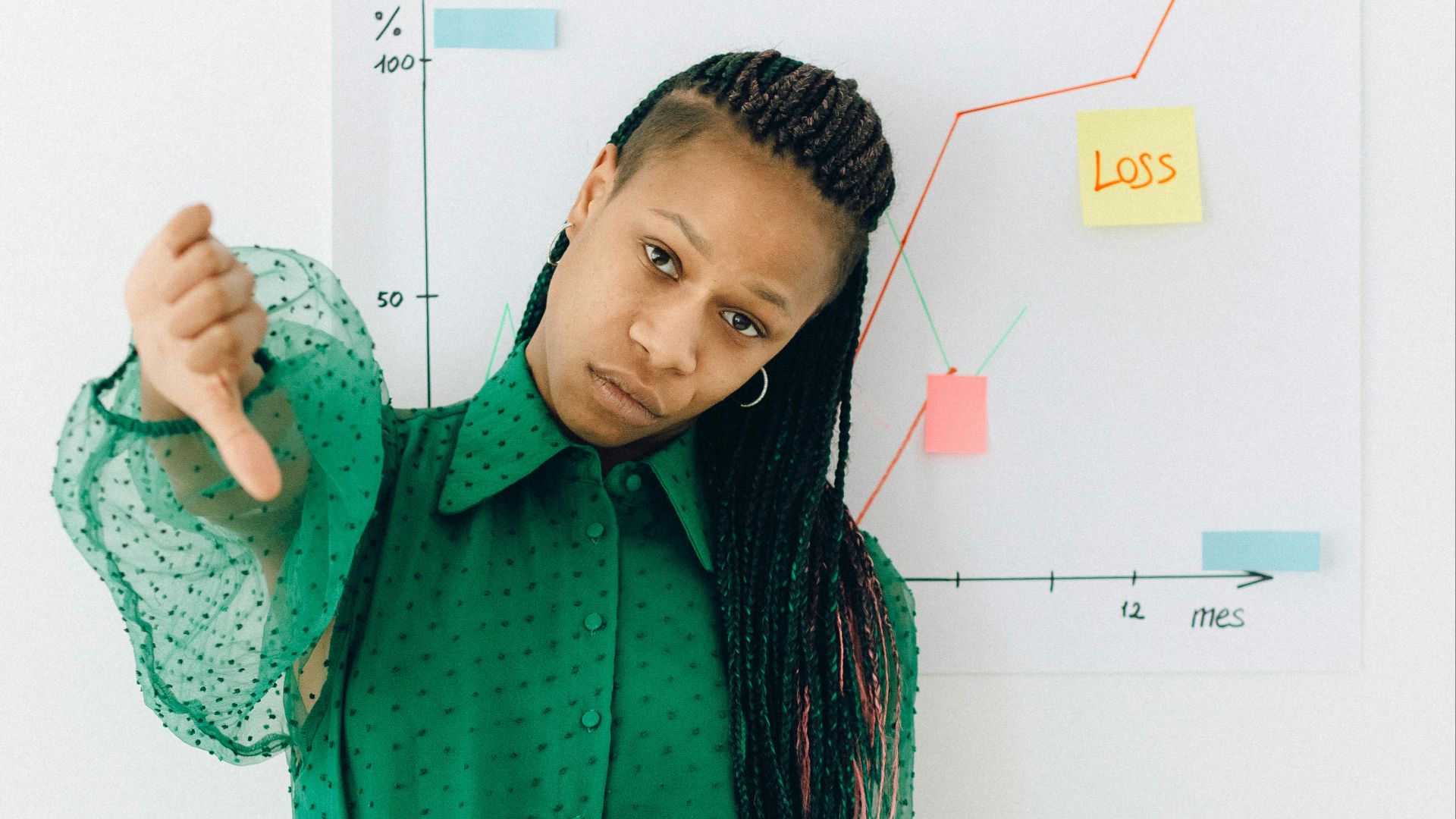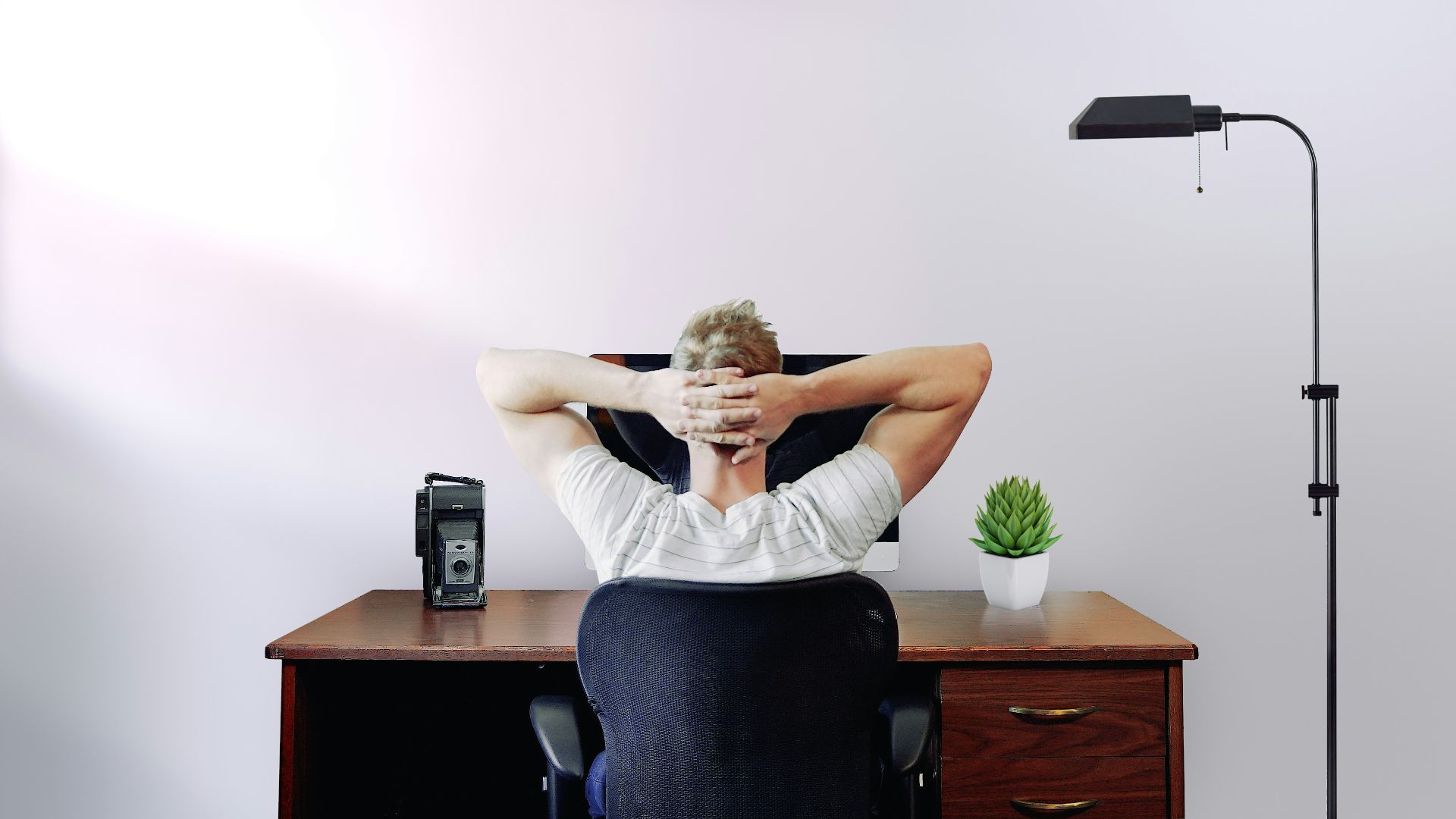The Invisible Shortcuts In Our Heads
We like to think we’re rational creatures, logical and careful with our decision-making. But really, most of the time, our minds are running on shortcuts and little tricks that save effort but distort reality. Call them biases or quirky cerebral blind spots, but they nevertheless sneak into every decision, affecting what we buy, who we trust, and even what we remember. And once you start noticing these little cognitive idiosyncrasies, you can’t unnotice them. It’s like realizing you’ve been walking through life with funhouse mirrors strapped to your face, distorting reality. Here are twenty of these cognitive biases that infiltrate our daily lives.
1. Confirmation Bias
We love being right; we hate being wrong. To support this justified feeling, we hunt for evidence that supports what we already believe and conveniently ignore the rest. That friend with a penchant for conspiracy theories will scroll past dozens of articles claiming the contrary to seize on the one that agrees. “See? Told you.”
2. Anchoring Bias
The first number sticks. That’s why a shirt marked down from $120 to $60 feels like a steal, even if $60 is way too much for cheap polyester. Car salesmen know this too, which is why the original price is always inflated. Once an anchor drops, it’s difficult for us to unmoor ourselves.
3. Availability Heuristic
What do shark attacks, airplane crashes, and terrorists have in common? Statistically, they’re uncommon, but because these things are vivid in our minds, we naturally assume they’re commonplace threats. Meanwhile, heart disease plods along silently, killing far more people, but without the drama of blood in the water. Our brains are hardwired to confuse memorable events with probability.
4. Loss Aversion
Losing hurts more than winning feels good. It doesn’t seem intuitively the case, but that’s why gamblers lose it all chasing the win, why people cling to bad investments, and why we hoard coupons just in case we eventually need them. The fear of losing eclipses the joy of gain.
5. Hindsight Bias
After something happens, it feels obvious—inevitable even. Though in the aftermath we claim to have had an intuitive feeling about something that went wrong, the truth is most of us were clueless in the moment. But hindsight paints everything in black and white.
6. Self-Serving Bias
Good investment? We’re geniuses. Bad trade? The market is in a downturn. Promotion? Hard work. Fired? Office politics. We take credit for wins and blame the world for losses. It keeps our fragile egos intact, even if it bends reality to fit our narrative.
7. Sunk Cost Fallacy
You’ve already invested a fair bit of money, so you keep investing more to try and recoup your losses. A movie may be terrible, but you’ve already paid for a ticket, so you stay in the theater. Your relationship is on the rocks, but you’ve been together five years, so you push on. Do you see the pattern forming here?
8. Status Quo Bias
Change feels risky, so even when the current situation is less than ideal, sticking with it feels safer than taking a step into the unknown. It’s why people keep outdated phone plans, tolerate miserable commutes, or stay at the same unfulfilling job. Familiarity feels like security.
9. Bandwagon Effect
We tend to follow the crowd. A pair of celebrity sneakers sell out, and suddenly everyone wants them. A TV show goes viral, and suddenly everyone starts tuning in like they’ve been a fan from the beginning. There’s a stubborn part of us that wants to feel included and resists anything that makes us feel like we’re on the sidelines.
10. Optimism Bias
We believe things will work out for us more than for other people. It’s the reason why we leave our seatbelt unbuckled or keep smoking despite the risk of getting sick. The belief that we’re the exception to the rule keeps us moving forward, but it can also make us reckless.
11. Negativity Bias
One rude comment ruins a day filled with compliments. One mistake overshadows a hundred successes. Bad stuff sticks harder in our memories, leaving an imprint, whereas our successes are quickly forgotten or dismissed.
12. Halo Effect
Why is it that we look at an attractive person and assume that they must also be kind, talented, and intelligent? It’s because one good trait casts a glow over everything else. The reverse—the horn effect—works similarly. Once someone annoys us, we assume they’re bad at everything, even if that’s not a reasonable assumption.
13. Authority Bias
It’s in our nature to hand over judgment to authority figures, sometimes blindly. A doctor said it, so it must be true. A celebrity endorsed it, so it must work. There’s a reason lab coats appear in commercials and celebrities are hired to the tune of millions to sell toothpaste. We listen.
14. In-Group Bias
As far as we’re concerned, our group of friends is better; they’re smarter, funnier, and more deserving. This sense of camaraderie extends to sports teams, political parties, and even neighborhoods. We’re wired to favor our tribe and distrust outsiders. This tendency fosters loyalty, but it also builds walls.
15. Recency Effect
The last thing we saw or heard weighs more heavily than information we learned a while back. Think about performance reviews. A stellar year can be tanked by one recent screw-up, or elections swayed by the final debate. Our memories aren’t as far-reaching as we’d like to think they are.
16. Dunning-Kruger Effect
For whatever reason, people with little knowledge tend to overestimate their skill. Meanwhile, true experts often underestimate themselves. The beginner who learns a few chords suddenly thinks they’re ready for a concert, while the master still finds flaws after decades. The more you know, the more you appreciate how little you actually know.
17. Projection Bias
We assume others think and feel like us, so we often project our state of mind onto others, sometimes with embarrassing results. Just because something makes us feel overjoyed, it doesn’t mean that everyone else will share in our enthusiasm.
18. Endowment Effect
We project more value on what we own than what we don’t. That old pair of jeans in your closet may have cost you forty bucks back when you bought them, but in your mind they’re worth at least eighty. Ownership inflates importance. Garage sales prove this bias every Saturday.
 Riccardo Annandale on Unsplash
Riccardo Annandale on Unsplash
19. Survivorship Bias
We celebrate the winners and tend to forget the losers. We look at that one successful entrepreneur who dropped out of college as proof we don’t need a degree and ignore the thousands who dropped out and settled into a life of quiet mediocrity. We see the exceptions as the rule rather than the anomaly.
20. Framing Effect
How we present certain facts can impact how they’re received. A surgery with a 90% survival rate sounds hopeful, whereas a surgery with a 10% death rate sounds terrifying. The numbers are identical, but the way it’s framed affects how we feel about it.



























